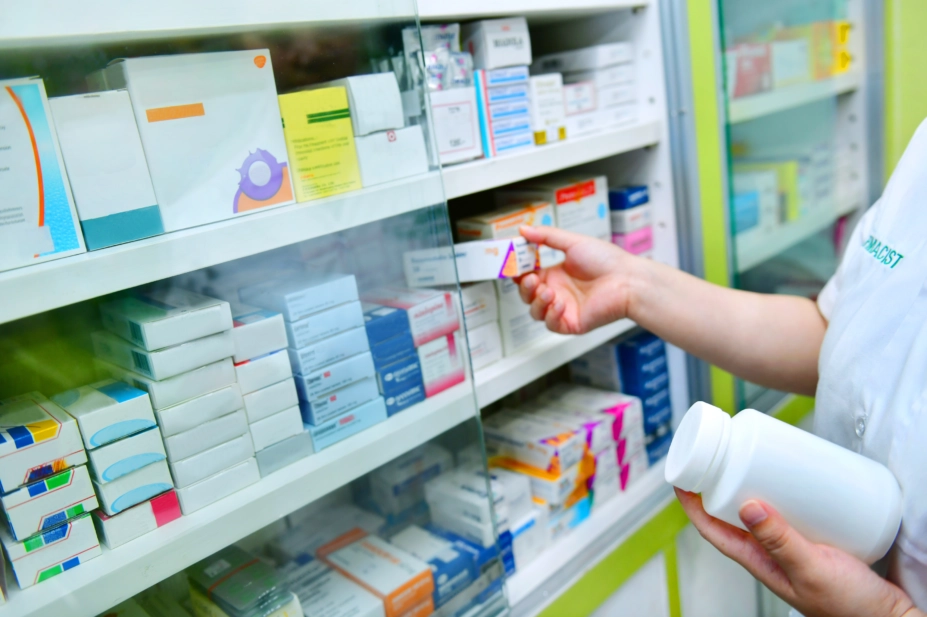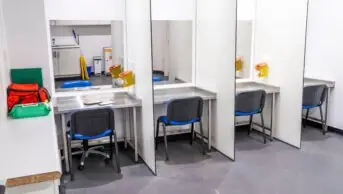
Shutterstock.com
A health board in Wales has saved £249,000 over six months by recycling unused medicines across four hospital trusts in the area.
Abertawe Bro Morgannwg University Health Board received a £100,000 loan from the Welsh government in 2018 after an initial audit of medicines waste at Morriston Hospital in Swansea revealed that, of 635 packs reviewed, £2,455-worth of drugs could have been saved over five days.
The loan was used to hire four pharmacy assistants across four of its acute sites — Morriston Hospital, Neath Port Talbot Hospital, Princess of Wales Hospital and Singleton Hospital — with the aim of starting a project to recycle medicines within each hospital.
As part of the the project, once a patient is discharged and the medicine is no longer used on the ward, or when a medicine is no longer required, the nursing staff store the packs in a dedicated area, with the pharmacy team later collecting the packs for processing.
The project, which was presented on a poster at the first ever pharmacy Celtic Conference in Edinburgh on 26 March 2019, also received £9,000 in capital funding from the Welsh government to update a pharmacy robot, allowing for part-pack dispensing across all four sites.
According to the poster, medicines were “reviewed and recycled by the pharmacy assistants” before being “processed via … new laptops into pharmacy stock”.
Owain Williams, senior logistics support pharmacist at Morriston Hospital, who produced the poster, said: “Any medication that has left the hospital site would not be suitable for returning and reusing, and of course any patients’ own medication would not be suitable.”
But Williams added that all partially used medicine packs that are returned to the pharmacy from the ward are “reviewed for its suitability” — checking the contents and expiry date.
He told The Pharmaceutical Journal: “A major enabler behind the success of the project — including the staff in post of course — is having the correct IT infrastructure to allow part packs to be returned into our pharmacy robot for future dispensing, as well as a suitable pharmacy stock control system to develop robust reporting mechanism, which does not require manual recording of returns, to record all savings and returns for full transparency to service users.”
The project saved the Abertawe Bro Morgannwg University Health Board £249,000 between August 2018 and January 2019. The project is expected to hit its three-year savings target — £300,000 — within its first year of launch.
From the generated savings, the project has secured ongoing internal funding for the four pharmacy assistant posts, “with repayment of the investment [from the Welsh government] to be agreed”.


